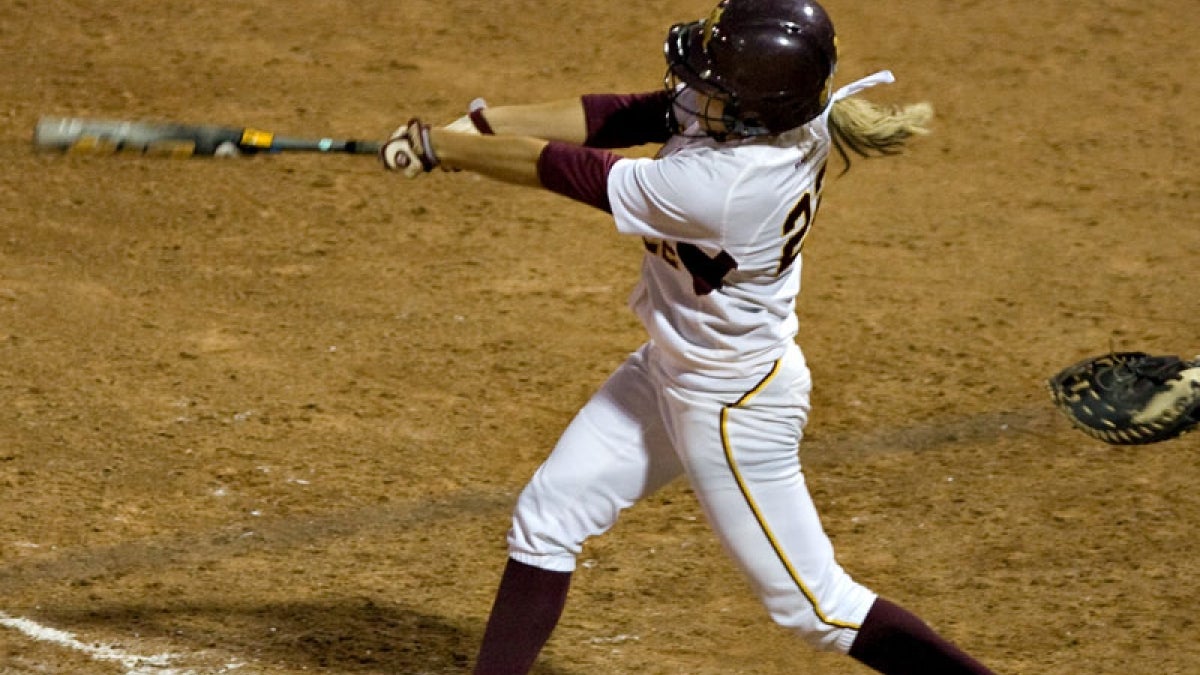Mayo Clinic offers baseline concussion testing to athletes

As knowledge about the dangers of concussions in sports continues to grow, Mayo Clinic will make baseline concussion testing available at no cost to more than 100,000 high school student athletes in Arizona leading up to the 2011-2012 sports season.
Baseline concussion testing measures how the brain is working before injury, and has recently been recommended by the Arizona Interscholastic Association for all scholastic athletes. The Computerized Cognitive Assessment Tool will be available through benefactor support and Mayo Clinic at no cost to the athlete. The test can be taken from any computer with Internet access, takes 8 to 15 minutes to complete, and the athlete or parent can share the results with health care providers of their choice. After a concussion, the test can be repeated multiple times, and doctors can then monitor the results of this test, along with a medical evaluation, to determine when athletes can safely resume normal activities — and in the case of a student athlete, when they can return to their sport.
The baseline concussion testing initiative comes on the heels of the passage of Arizona Senate Bill 1521, which requires that high school athletes who have sustained a head injury be barred from further physical activity until they're cleared by a licensed health care provider. The law also requires schools to educate coaches, students and parents about the dangers of concussions.
"The diagnosis of concussion, assessment of its severity, and knowing when an athlete can return to physical activity, competition, work or school is not always clear," said David Dodick, a professor of neurology at Mayo Clinic in Arizona and president of the American Headache Society. "Having a baseline concussion assessment for each athlete will assist in a physician's ability to identify and quantify a change in brain function, and determine when the athlete has returned to his or her baseline."
After a concussion, if an athlete continues to play or returns to play too early, there is a significant risk of experiencing another concussion, and Dodick added that "repeat concussions may take longer to resolve, and come with a risk of permanent neurological damage, or rarely, death." Children, adolescents and female athletes appear to be at a higher risk for concussions, and may also take longer to recover.
While the importance of baseline testing is clear, the results should be used with a comprehensive medical evaluation. While the majority of concussions resolve relatively quickly, some athletes may experience symptoms that may persist for weeks or months, or longer. The medical care and rehabilitation of these athletes is best achieved by a multidisciplinary team of health professionals with expertise in the evaluation and management of concussion.
Providing this baseline assessment will also create awareness about the importance of concussion and the importance of safeguarding the brain health of young athletes. Ultimately, according to Dodick, "this initiative will hopefully be a significant step toward having all youth and adults throughout our state who are involved in competitive or recreational sporting activities to establish a baseline concussion test."
Mayo Clinic experts have been working with colleagues at Arizona State University and Phoenix Children's Hospital to develop and implement a concussion awareness strategy for the State of Arizona.
"It is truly a concern that the young athlete and child may be particularly susceptible to concussive injury and that it might have a lifelong, permanent effect," said P. David Adelson, director of the Children's Neuroscience Institute at Phoenix Children's Hospital and head of the Pediatric Neurotrauma Program. "Working with Mayo Clinic and ASU, we feel we can identify earlier when there has been a change in these kids and intervene so as to minimize these effects and get them back to their lives."
"We are pleased that ASU and the Mayo Clinic are partnering to provide support for the health and wellbeing of student athletes at all ages," said Martha Christiansen, associate vice-president of Educational Outreach and Student Services and director of Counseling and Consultation.
The renowned multidisciplinary teams at Mayo Clinic along with partners at Phoenix Children's Hospital and Arizona State University includes physicians and other experts from Neurology, Neuroradiology, Neurosurgery, Neuropsycholology, Psychiatry, Headache Medicine, Sports Medicine, Physical Medicine and Rehabilitation, Emergency Medicine, Internal Medicine, Vestibular Medicine, Physical therapy, and Occupational therapy for adults, adolescents and children. Through their coordinated and comprehensive approach, this group has evaluated and treated athletes with concussion from the youth to the professional ranks.
For more information or to obtain access to take the computerized concussion test, student athletes, parents, coaches, athletic trainers and school athletic directors in Arizona can email concussion@mayo.edu or visit online.

